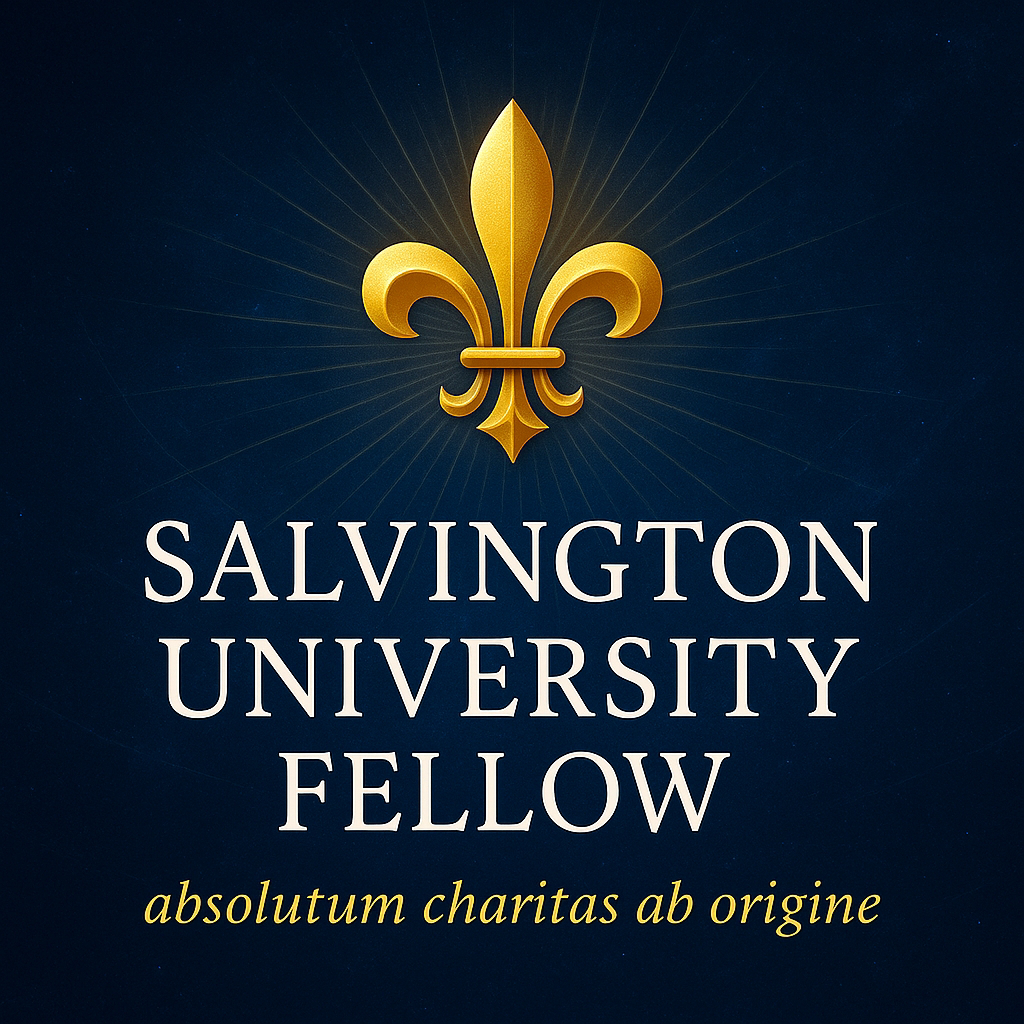The vine and branches metaphor is a call to active, living faith. It teaches that:
1. Spiritual life depends on divine connection—without it, the soul withers.
2. Growth requires pruning—trials refine and strengthen the spirit.
3. Bearing fruit is the purpose of discipleship—love, service, and truth manifest divine reality.
4. Separation from the vine leads to spiritual decay—life apart from God results in stagnation.
5. Abiding in God brings joy and fulfillment—a life aligned with divine will leads to deeper peace and purpose.
The vine and branches metaphor, as taught by Jesus and amplified in the Urantia Book, reveals a profound spiritual structure through which the individual believer's journey unfolds. It is not merely a poetic image but a living diagram of spiritual vitality, transformation, and destiny. Each of the five insights listed describes essential laws of inner life, revealing how a soul becomes fruitful, God-aligned, and eternally alive.
Let us explore each of these points in the context of how they unfold within the individual life.
1. Spiritual Life Depends on Divine Connection—Without It, the Soul Withers
The moment an individual sincerely turns to God, a conscious connection is initiated. Though the Thought Adjuster is always present within, this connection is actualized through faith, intentional prayer, and the choice to seek God’s will. Over time, the believer experiences that all true vitality—joy, creativity, moral clarity, courage—flows from this hidden root of divine presence.
When the soul neglects this relationship, focusing instead on egoic desires, worldly distractions, or fear-driven pursuits, spiritual vitality begins to fade. The person may appear outwardly successful, but inwardly there is barrenness—a lack of peace, purpose, or passion. The soul withers not because God withdraws, but because the individual has become unreceptive to the Vine’s life-giving current.
2. Growth Requires Pruning—Trials Refine and Strengthen the Spirit
In the life of the individual, spiritual growth is not comfortable. True transformation often comes through the loss of illusions, the surrender of attachments, and the refining fires of trial. God, the master gardener, “prunes” the soul—not to harm but to remove what blocks growth.
This pruning may take the form of difficult relationships, personal failures, losses, or inner restlessness. During these seasons, the individual is invited to yield more fully, to let go of false identities and submit to divine purposes. Over time, the soul becomes simplified, clarified, and strengthened, better able to channel love, wisdom, and service. The very struggles that once seemed destructive become the roots of deeper maturity.
3. Bearing Fruit Is the Purpose of Discipleship—Love, Service, and Truth Manifest Divine Reality
The evidence of abiding in the Vine is not theological knowledge or moral superiority but the production of spiritual fruit. In the individual life, this fruit is expressed as love in action, truth embodied, and service rendered to others—not out of duty but from an overflowing inner life.
This fruit may appear in many forms: kindness in the face of cruelty, wisdom spoken in times of confusion, or compassion offered to the forgotten. It is not forced but arises naturally from inner communion with God. The Thought Adjuster continually inspires this fruit-bearing, guiding the person to live not for self, but for the good of others and the glory of God.
4. Separation from the Vine Leads to Spiritual Decay—Life Apart from God Results in Stagnation
When an individual chooses to live apart from spiritual truth, whether by pride, fear, distraction, or rebellion, the inner life begins to deteriorate. Without the Vine’s sustenance, the soul becomes disconnected from meaning, plagued by anxiety, confusion, and inner barrenness.
Spiritual decay often begins subtly—neglected prayer, loss of gratitude, increasing self-centeredness—but over time, it deepens into spiritual numbness or despair. Yet even then, the Divine Gardener does not abandon the soul. The Thought Adjuster continues to reach inward, calling the individual to return, to reattach, to renew the inner connection through repentance and surrender. There is always a path back, for the Vine never rejects the branch; it waits for the branch to desire reunion.
5. Abiding in God Brings Joy and Fulfillment—A Life Aligned with Divine Will Leads to Deeper Peace and Purpose
When the individual chooses to abide continually in God, a state of profound inner alignment and joy unfolds. This does not mean a life free of difficulty, but it means a life lived in harmony with eternal currents. Peace, joy, and confidence arise—not from external circumstances—but from the assurance of being rooted in divine love.
The person aligned with God’s will discovers a higher purpose that transcends personal ambition. Decisions become clearer, relationships more meaningful, and service more satisfying. This abiding relationship becomes a source of daily renewal, a living current that energizes the soul and clarifies the path forward. The individual begins to sense the presence of eternity within time and becomes, increasingly, a living expression of God’s love in the world.
Conclusion: A Living Journey of Union and Transformation
The metaphor of the vine and the branches unfolds as a real-time spiritual biography in the life of every believer. It begins with the decision to connect, deepens through seasons of pruning, matures in fruitfulness, warns against separation, and culminates in joyful abiding.
In the teachings of Jesus and the revelations of The Urantia Book, we see that this is not merely an abstract theology—it is the living rhythm of eternal life beginning now. To abide is to live. To bear fruit is to become. To remain connected is to journey inward and upward, ever closer to God, and ever more a channel of God’s love and will on Earth and beyond.
The Sovrnty Foundation
